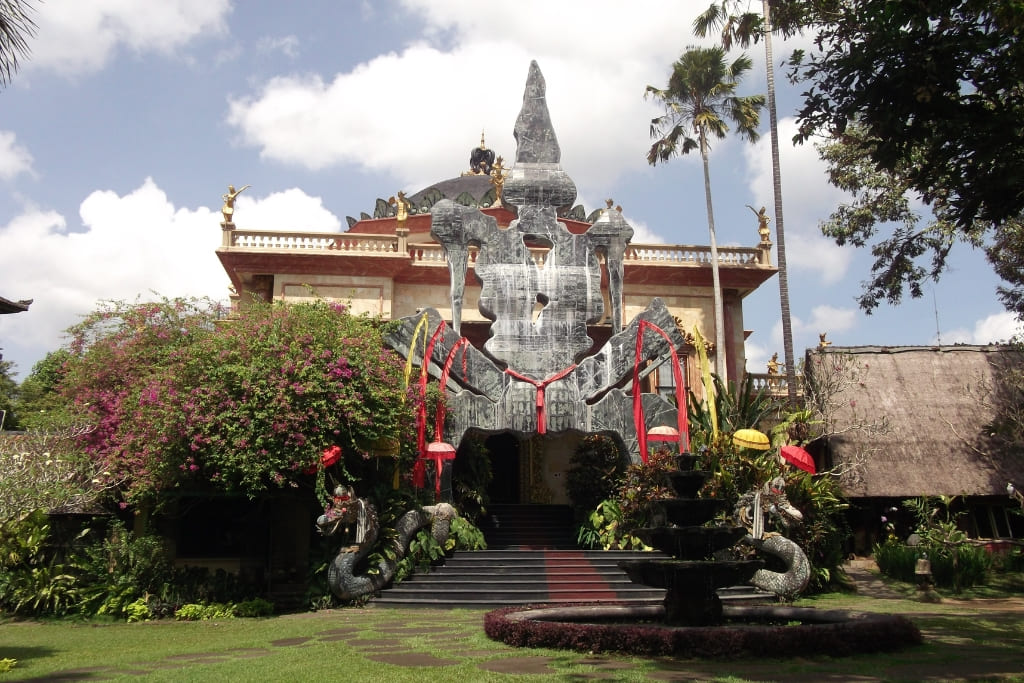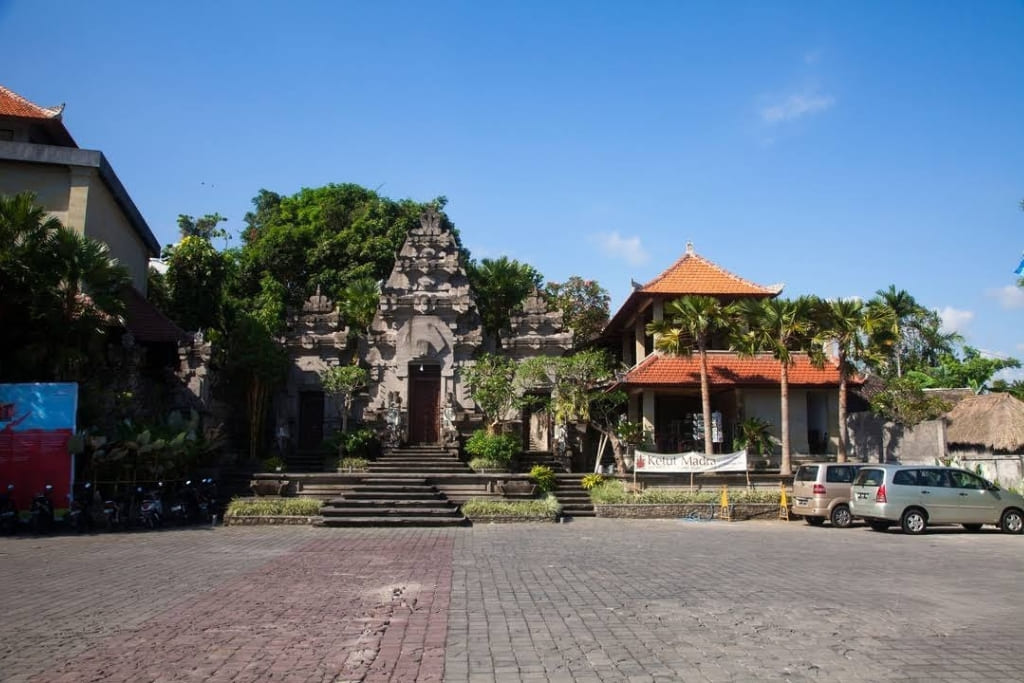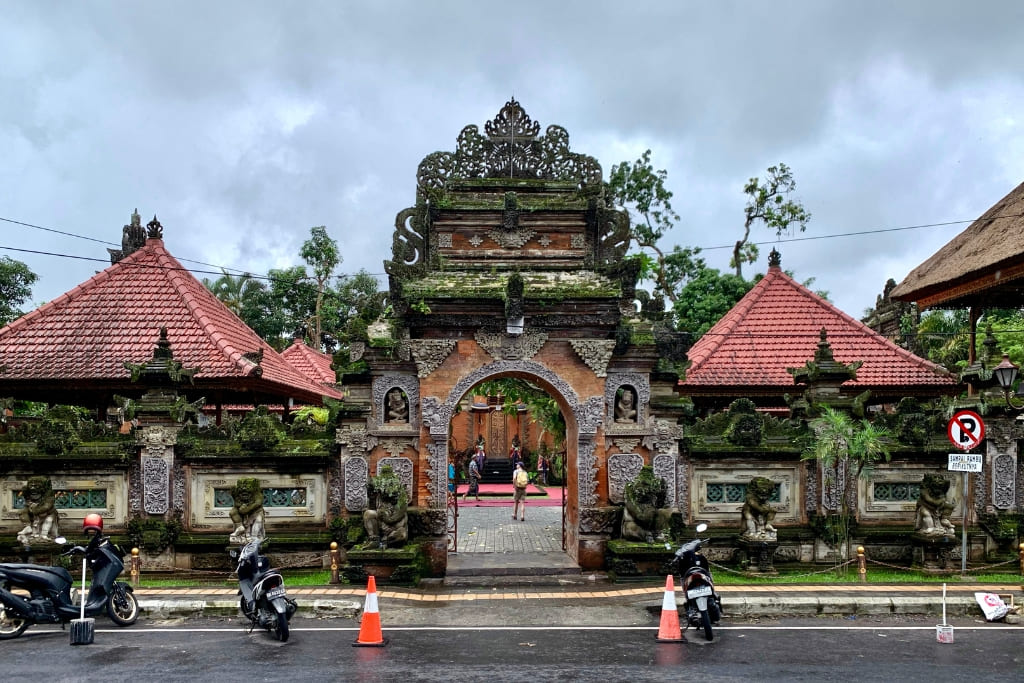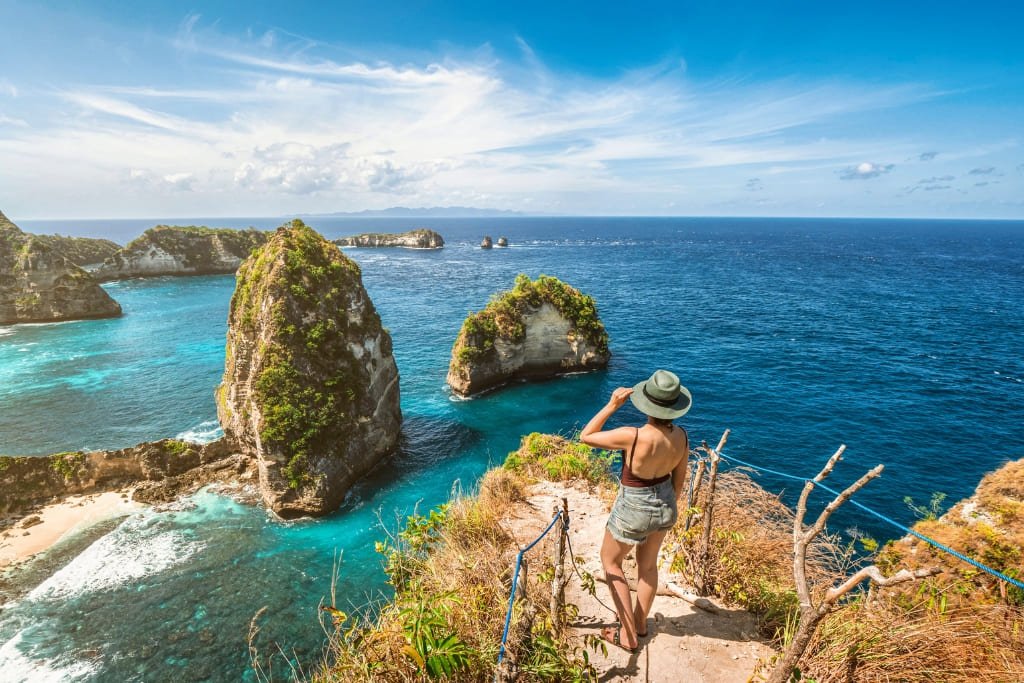Discovering Bali: A Culinary Journey
Bali is truly a paradise, not only for its stunning landscapes and vibrant culture but also for its rich culinary heritage. The essence of Balinese cuisine is defined by bold spices, fresh ingredients, and time-honored cooking techniques that have been passed down through generations. A visit to Bali wouldn’t be complete without exploring its delicious local food offerings. Here’s a glimpse of the must-try dishes that will make your culinary adventure unforgettable.
Main Dishes

The main dishes of Bali represent the heart and soul of the island’s culinary scene. They are created with a deep respect for local ingredients and traditional methods, resulting in robust flavors that tell the story of Bali’s unique gastronomic culture.
-
Ayam Betutu
A dish to put on your must-try list, Ayam Betutu showcases a whole chicken or duck marinated in a flavorful spice mixture, wrapped in banana leaves, and slow-cooked to perfection. The result? A tender, aromatic delight sure to tantalize your taste buds. -
Sate Lilit
This Balinese interpretation of satay features minced meat (like fish, chicken, or pork) blended with grated coconut and spices, wrapped around lemongrass sticks, then grilled to create a smoky, savory treat. -
Lawar
Lawar is a savory combination of vegetables, shredded coconut, and minced beef, all seasoned with Balinese spices. Often served alongside dishes such as babi guling, it adds a wonderful mix of textures and flavors. -
Nasi Campur Bali
This uncomplicated yet satisfying dish consists of steamed rice accompanied by an array of side dishes including shredded chicken, spiced eggs, sate lilit, and sambal matah, making it ideal for those wanting to sample a bit of everything. -
Babi Guling
A highlight of Balinese fare, babi guling (roasted suckling pig) is a food lover’s dream. Stuffed with aromatic spices like turmeric and lemongrass, it’s roasted to achieve the perfect crispy skin and succulent meat—a complete meal served with rice, lawar, and sambal. -
Tum Ayam
Tum Ayam is a delicate dish made from minced chicken wrapped in banana leaves and steamed with a fragrant spice mix, offering light but flavorful perfection. -
Bebek Goreng Bali
Delight in crispy skin and juicy meat with Bebek Goreng Bali. Paired with sambal matah or sambal ulek, this dish packs a textural punch and a surprising kick of spice with every bite.
Snacks and Desserts

Bali’s vibrant food culture extends beyond hearty main courses to include an enticing range of snacks and desserts. These light bites are perfect for satisfying your sweet tooth or simply enjoying as unique treats that showcase the island’s innovative use of local ingredients.
-
Klepon
A must-try sweet, klepon consists of green glutinous rice balls filled with liquid palm sugar and rolled in grated coconut. Each bite delivers a delightful burst of sweetness! -
Jaje Laklak
Made using rice flour and coconut milk, jaje laklak are small pancakes served with grated coconut and drizzled with palm sugar syrup—an ideal dessert to enjoy with a cup of Balinese coffee. -
Tipat Cantok
This healthy snack features rice cakes, boiled vegetables, and a rich peanut sauce, offering a light yet flavorful option perfect for a midday pick-me-up. -
Es Daluman
Cool off with this refreshing dessert drink made from green grass jelly, coconut milk, and palm sugar, a delightful treat that perfectly fits Bali’s tropical climate.
Frequently Asked Questions (FAQ)
1. What types of visas are available for traveling to Indonesia?
The most common visas for travel to Indonesia include the tourist visa, business visa, and social-cultural visa. It’s important to choose the right visa based on the purpose of your visit.
2. How can I apply for an Indonesian visa?
You can apply for an Indonesian visa through the embassy or consulate of Indonesia in your country or through designated online platforms like VisaStation.id for a streamlined process.
3. How long can I stay in Indonesia with a tourist visa?
A tourist visa generally allows you to stay in Indonesia for up to 30 days, but this can sometimes be extended for an additional 30 days depending on your specific visa type.
4. What are the requirements for obtaining a visa to Indonesia?
Basic requirements usually include a valid passport with at least six months’ validity, a completed visa application form, passport-sized photographs, and proof of onward travel plans.
5. Is it necessary to have a visa for short visits to Bali?
Depending on your nationality, you might qualify for a visa exemption for short visits. However, it’s always best to check the latest regulations before traveling.





















